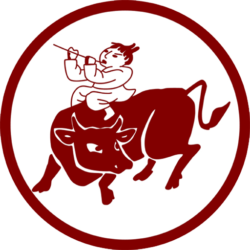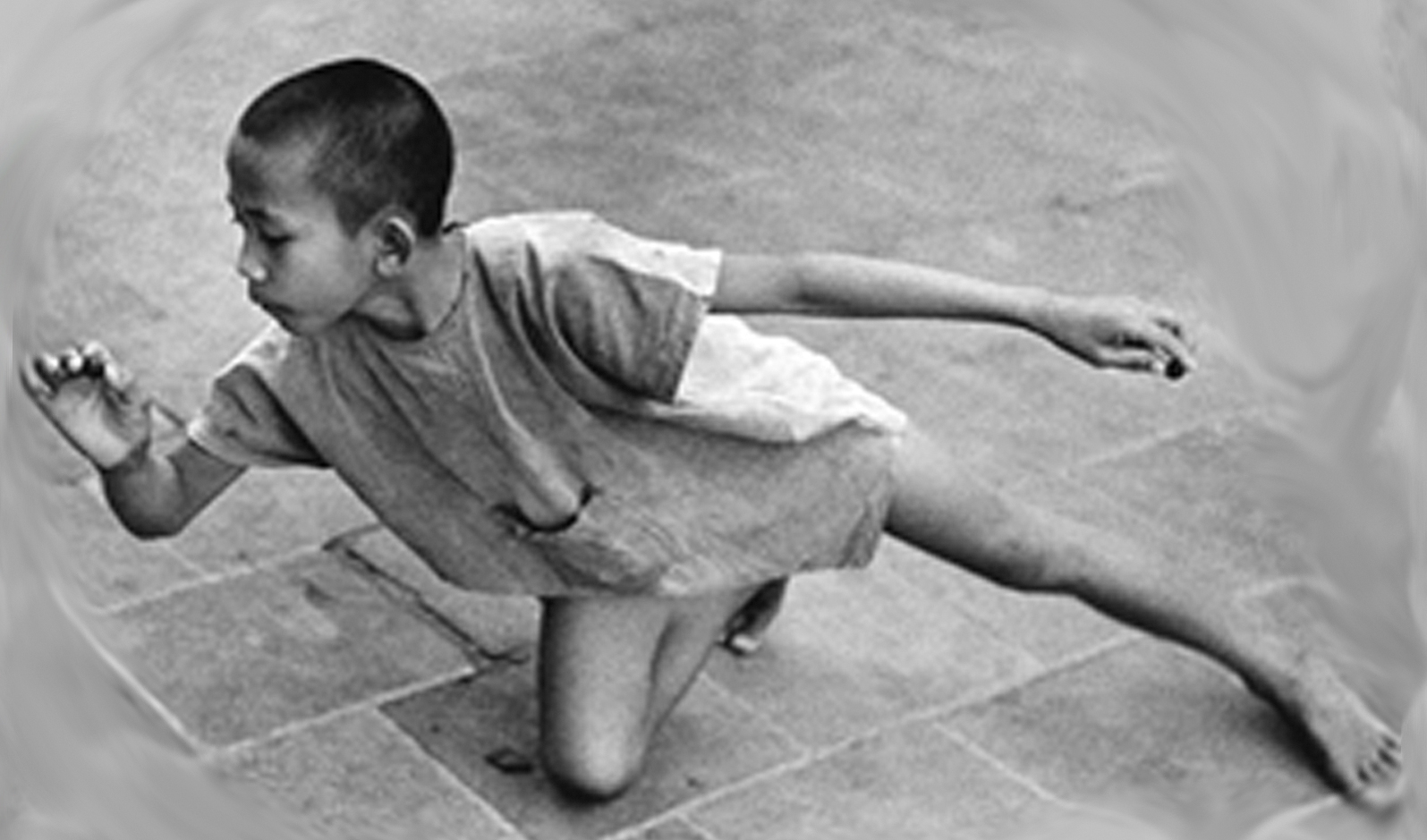The philosophy underlying our work comes from two sources, Taoism and Dzog Chen.
Taoism has a basic attitude which values the natural process. You shouldn’t push against the water. Taoism seems to be the philosophical system that describes the nature of life most accurately.
Life needs to be adaptable and resilient. Adaptability comes from flexibility but resilience comes from strength. If there is too much flexibility then nothing persists. If there is too much strength then things can’t change when necessary. So life depends on the dynamic and complex interaction of two complementary qualities. This is the meaning of Yin and Yang in Taoist philosophy.
Taoism is also practical. Because it sees these two qualities as being dependent on each other then they interact in a way that is strange to the mechanistic philosophy of western medicine. On the other hand, the principles are familiar within human psychology and martial arts.
For instance Taoism would say: “If you are stuck, then go further into stuckness and when the Yang of the stuckness reaches its extreme it will naturally transform into the Yin of release.”
In terms of therapy, it would say: ” Don’t try to cure a chronic condition because you don’t know the consequences, but become aware, experiment, help things to move and the condition will transform through natural development.”
The Taoists never strive for perfection because that is an idea, and the idea may not run in the same direction as the natural process. For instance, it is possible that a serious disease could be a valuable process in someone’s life, even if it kills them. One of my clients once said to me that she didn’t want to distract herself by hoping to cure her newly diagnosed cancer because she wanted to spend the rest of her life fully living. In fact, she ended up living for another 9 years, although the doctors initially gave her six months without treatment. Her viewpoint was very Taoist.
Dzog Chen, or ‘Great Perfection’ in Tibetan is a spiritual approach which values Direct Experience instead of ideas. Instead of seeing spiritual practice as a way of attaining a state of enlightenment, Dzog Chen practice focuses on letting go of the stories and ideas about yourself and your goals and targets. From this viewpoint, striving after change only takes you further away from the direct experience of yourself.
Paradoxically, it is only when you let go of the desire to be better that you are fully present in yourself. If change happens, it happens as an organic, developmental process – like a baby growing up. We don’t say that a baby is an imperfect adult – the baby is perfect as a baby – and by fully being a baby, it will grow and change into other forms of perfection. As I see it, this is the essential viewpoint of Dzog Chen
The three principles of Movement Shiatsu are:
- Help the client to have a direct sensation of themselves instead of perceiving themselves through various stories. To be aware of their current ability rather than focusing on their imperfections.
- Teach the client exercises through which they can explore the new connections and help the initial direct awareness become embodied in their nervous system.
- Help the client to integrate their direct experience of themselves into the rest of their life through experiments which they perform outside the therapy sessions.
These, to me are an echo of the three basic principles of Dzog Chen. There are two articles which expand on this:
Disability is Personal Ability


